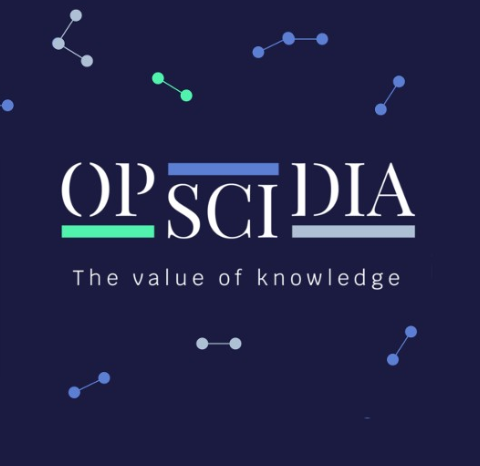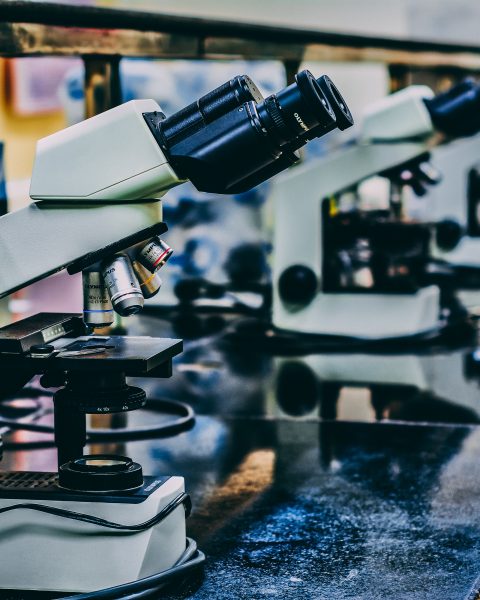OPSCIDIA – A breakthrough in the identification of technological trends
The French start-up OPSCIDIA, member of Cap Digital, offering tools to detect early trends in specific research and development areas, just finished the development of a software tool able to detect emerging trends in the R&D landscape from the analysis of weak signals for the Future and Emerging Technology (FET) team of the European Commission (EC).
Visit the website
Opscidia facilitates the sharing and reuse of research results in society
Based on the automatic analysis of a large number of scientific articles and projects, Opscidia’s tools are useful for R&D teams, innovation professionals and public decision makers. The start-up, freshly labelled French Tech Seed by Cap Digital and its partners, also develops technological and scientific monitoring tools based on NLP analysis of all open access publications.
Created in 2019 with the ambition to use AI to analyse automatically scientific publications, the start-up was detected during its pitch at the ICT Proposers Day in Helsinki by the Future and Emerging Technologies team. The project and requirement for the solutions were rapidly signed at the end of 2019, which made the European Commission the first major client of Opscidia.
Leaded by Sylvain Massip, CEO and co-founder of Opscidia, also a Cap Digital expert on sustainable cities, the project took place between January and October 2020. Its aim was to customize Opscidia’s technology to the specific needs of the EC. The idea was to analyse the data of the FET department and to come up with research concepts that are the best candidates for becoming emerging trends of tomorrow. The overall objective was to give European researchers a competitive edge over the rest of the world. The results were very well received by the FET team who even imagine using Opscidia’s solution to analyse the whole corpus of the Horizon 2020 projects.
Know more about the project

Opscidia is also applying its technology to several other projects
In particular, they work on a tool to detect scientific fake news. They have also been selected by OpenAIRE a public data warehouse, to extract ontologies from Open Access articles. Of course, they are also developing their own product: a platform for the analysis of scientific articles that save time in bibliographical research, techno watch, state-of-the-art, etc. that they are just about to market.